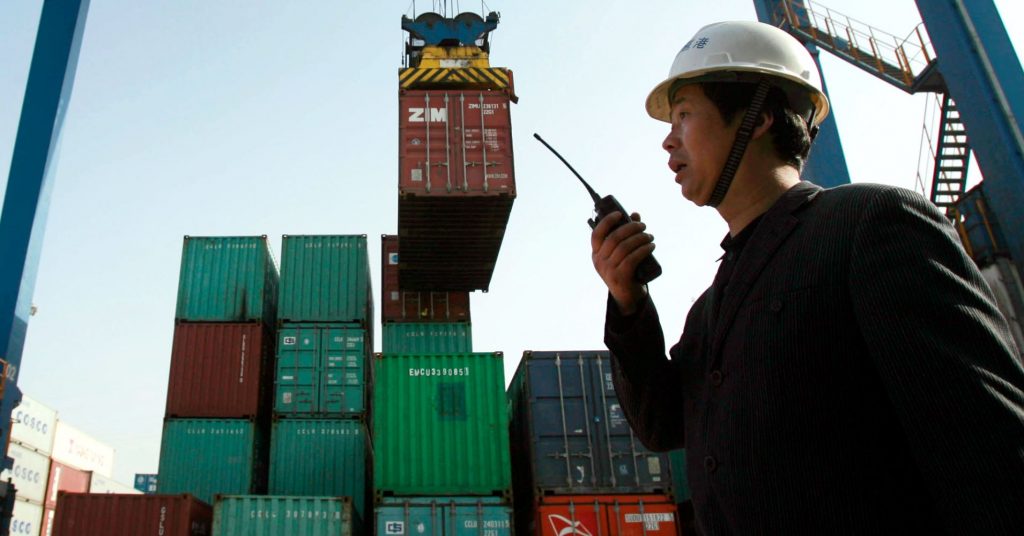The threat of an all-out trade war with the U.S. has taken an axe to Chinese stocks over the summer.
The Shanghai Composite and U.S.-traded FXI large-cap China ETF tumbled more than 20 percent from their January highs, pulling both into a bear market.
One market watcher sees more pain to come, but also spies an opportunity amid the wreckage.
“We’re setting up for a spectacular capitulation in the China shares,” Larry McDonald, editor of the Bear Traps Report, said on CNBC’s “Trading Nation” on Thursday. “We’re going to have a nice washout, I think, within two weeks.”
Trade tensions, a major headwind, could ratchet even higher in coming weeks as President Donald Trump floats a proposal for 25 percent tariffs on $200 billion in Chinese goods. That marks a significant escalation from the $34 billion that went into effect at the beginning of July.
Also putting the squeeze on Chinese markets is a U.S. dollar on the rise and the Federal Reserve‘s plans to continue tightening monetary policy, says McDonald.
“The Federal Reserve is going to $50 billion a month of balance sheet reduction in September. At the same time they’re hiking rates, the dollar made a 7 percent vicious move higher,” he said, also noting that China’s banking system, at $45 trillion, is highly leveraged to the U.S.
“As the Fed’s trying to unwind, it’s creating this early stages of a recession in China and it’s going to come into a fantastic opportunity in the next 30 days or so,” said McDonald. He plans to buy the FXI ETF at the height of capitulation.
Piper Jaffray’s chief market technician Craig Johnson says more pressure on the Chinese markets could trigger a wave of sell-offs, particularly if the Shanghai Composite breaks below a major level of support.
“Right now we’re very close to violating the uptrend support line that’s been intact since 1996,” Johnson told CNBC’s “Trading Nation.” “A break below this level is going to suggest that the next support could be 27 percent lower than where we are now.”

A 27 percent drop from current levels puts the Shanghai at around 2,020, a level not seen in four years.
Downside pressure also spells trouble for U.S. markets given their tight correlation with Chinese markets, says Johnson. The Shanghai Composite and S&P 500 had a positive correlation of 0.68 on a 40-week rolling basis.

